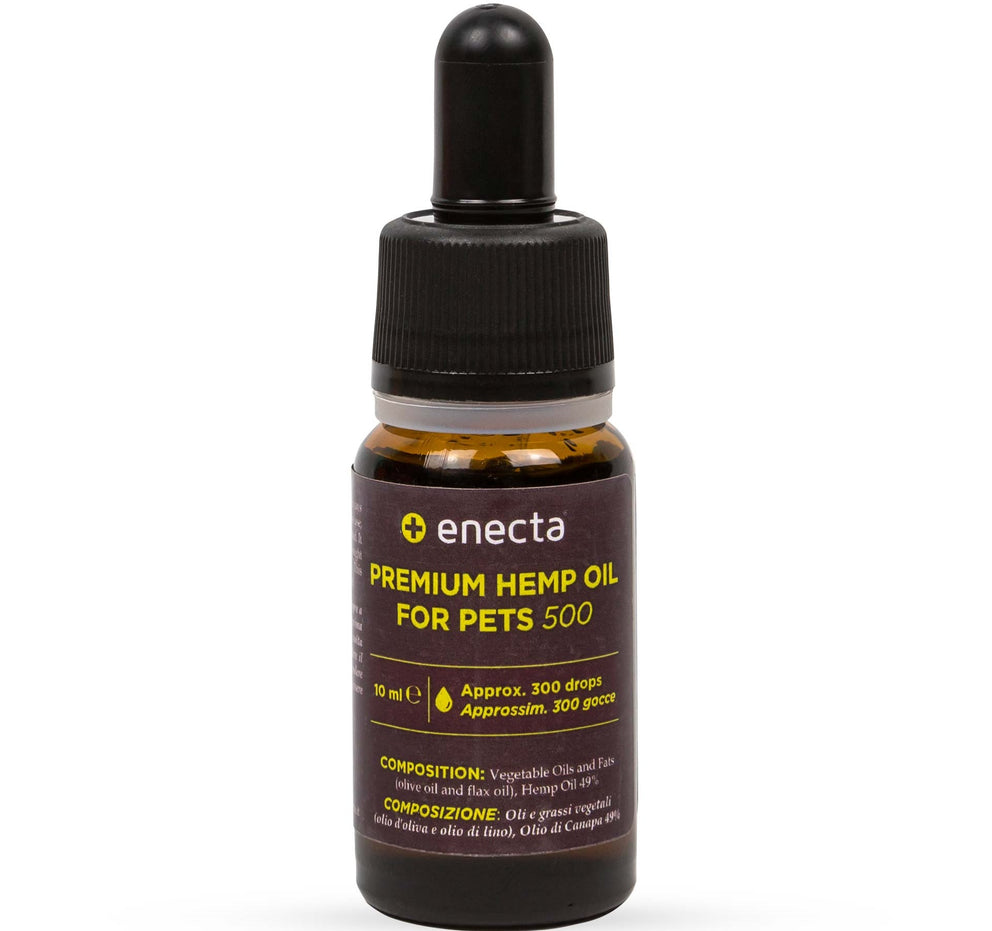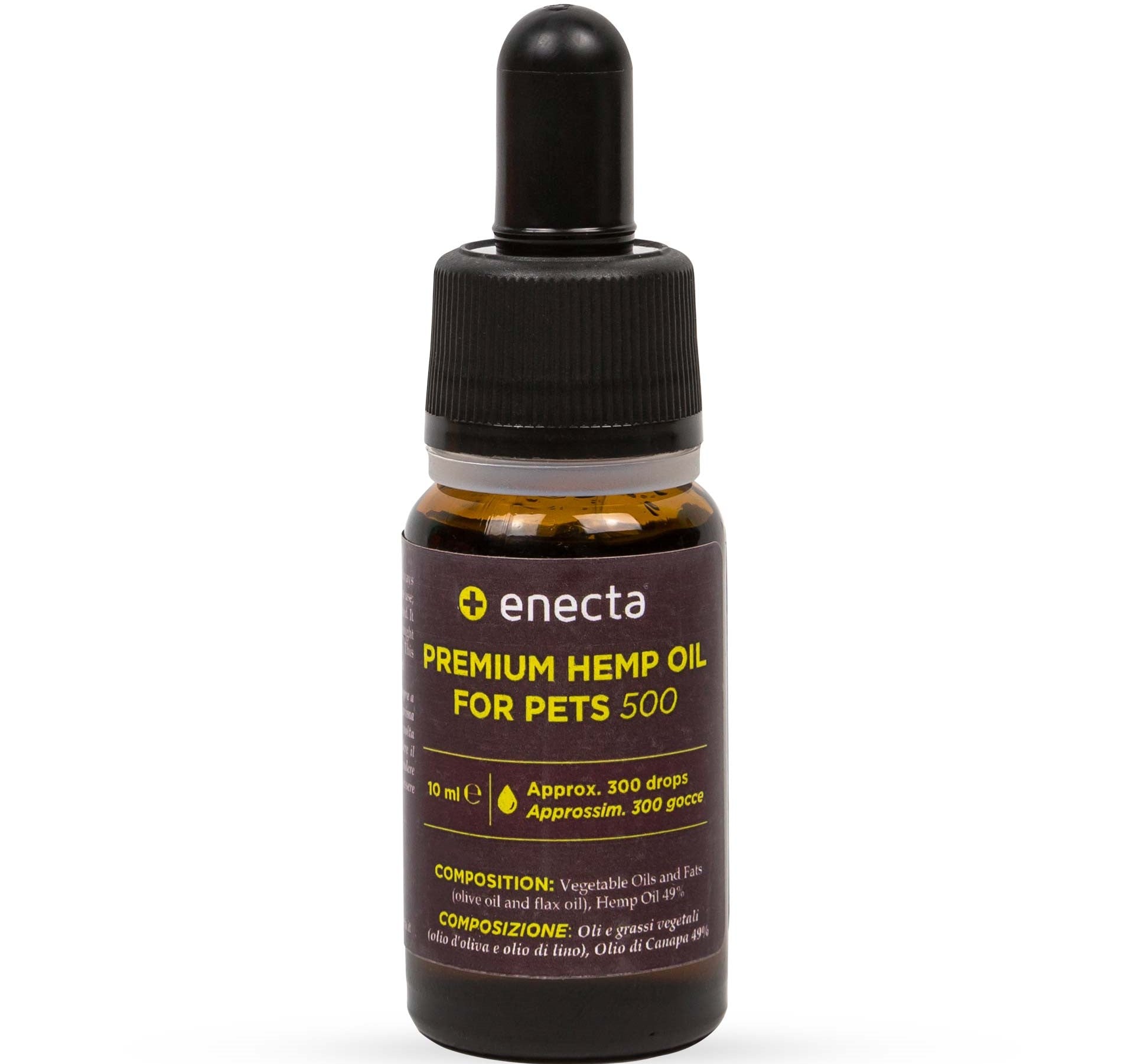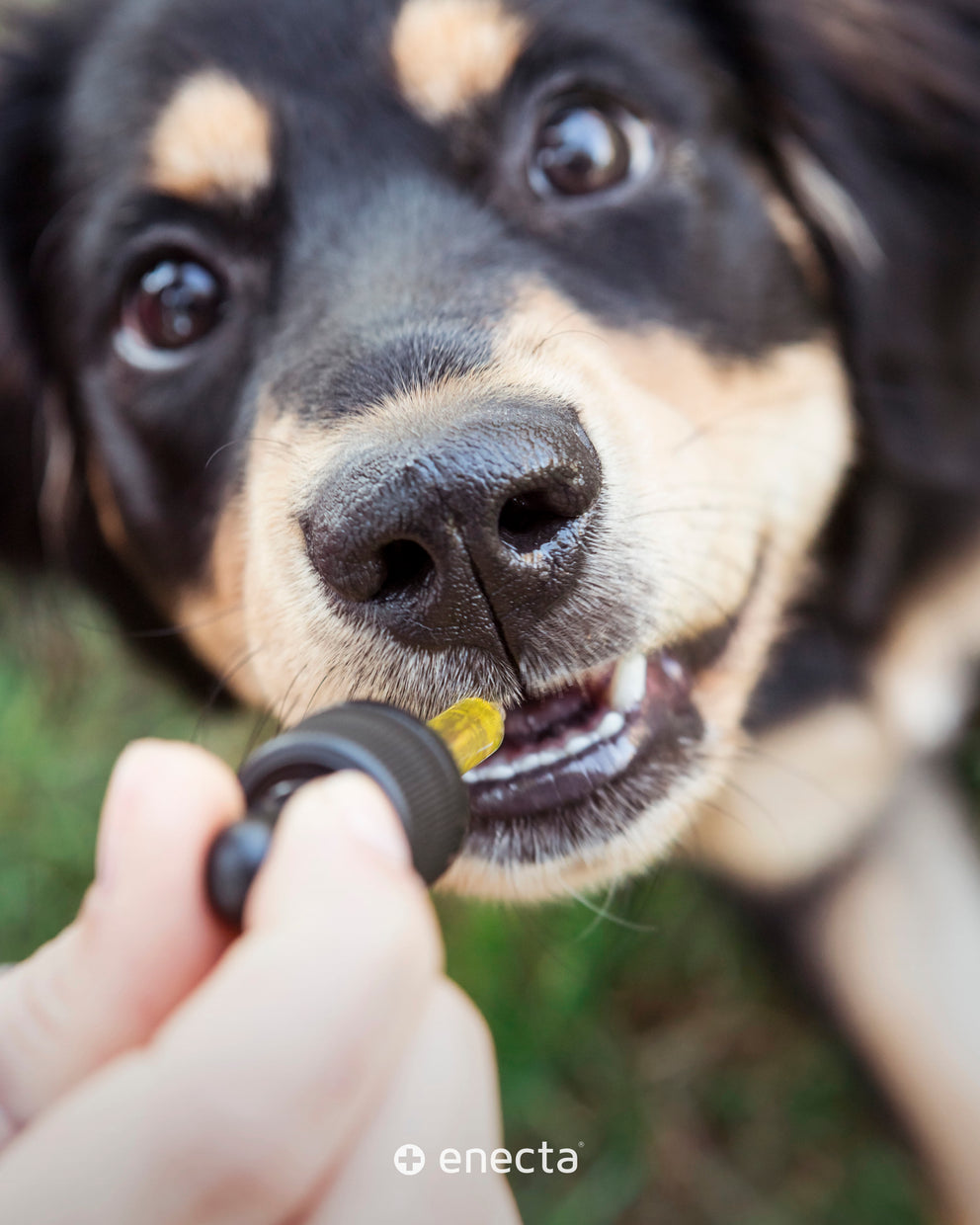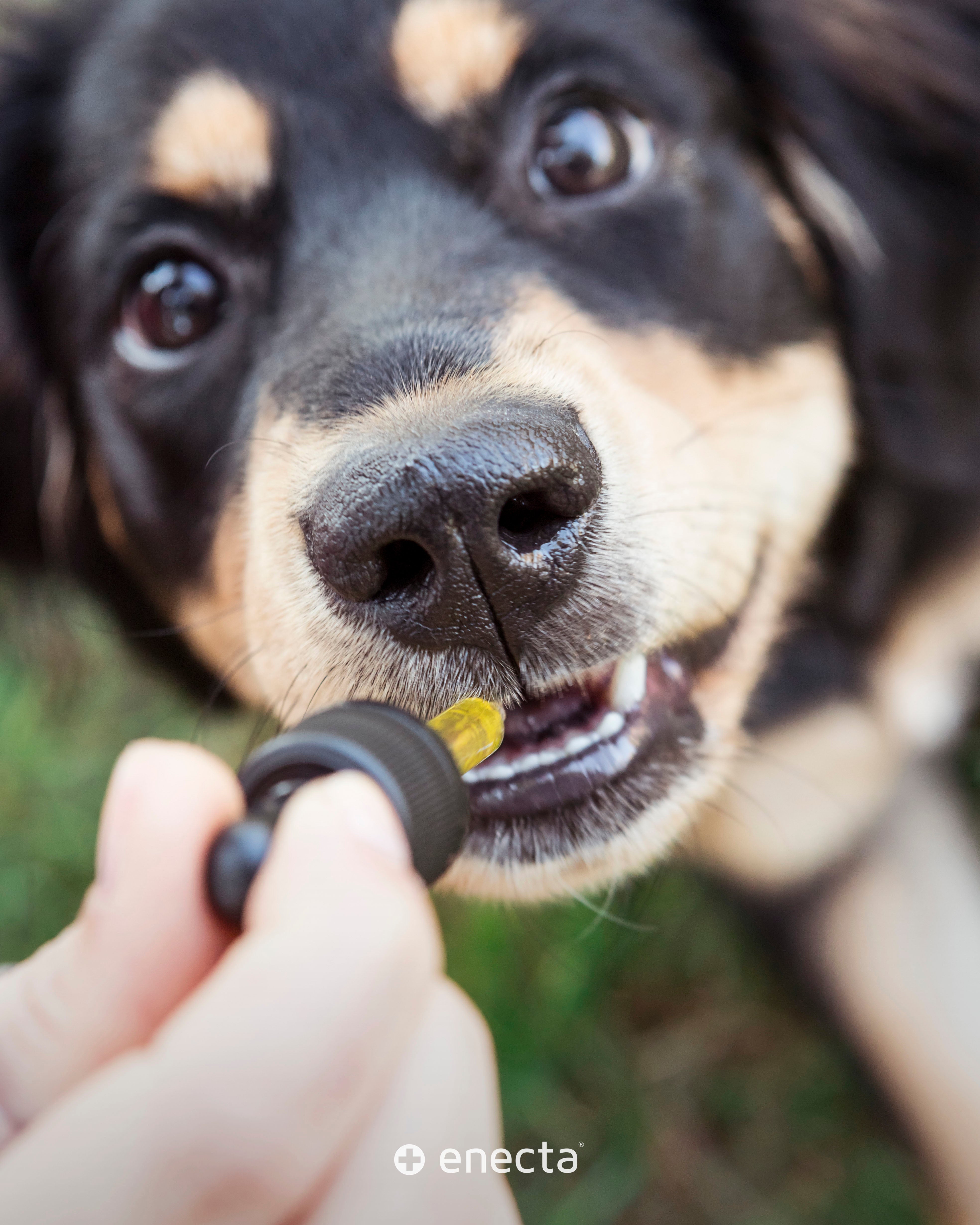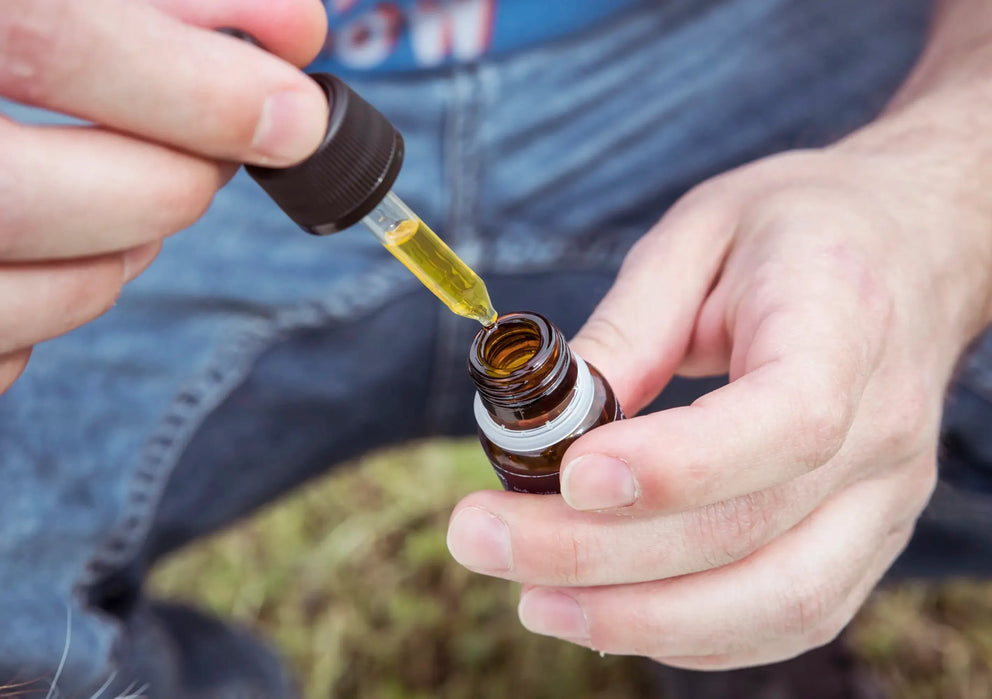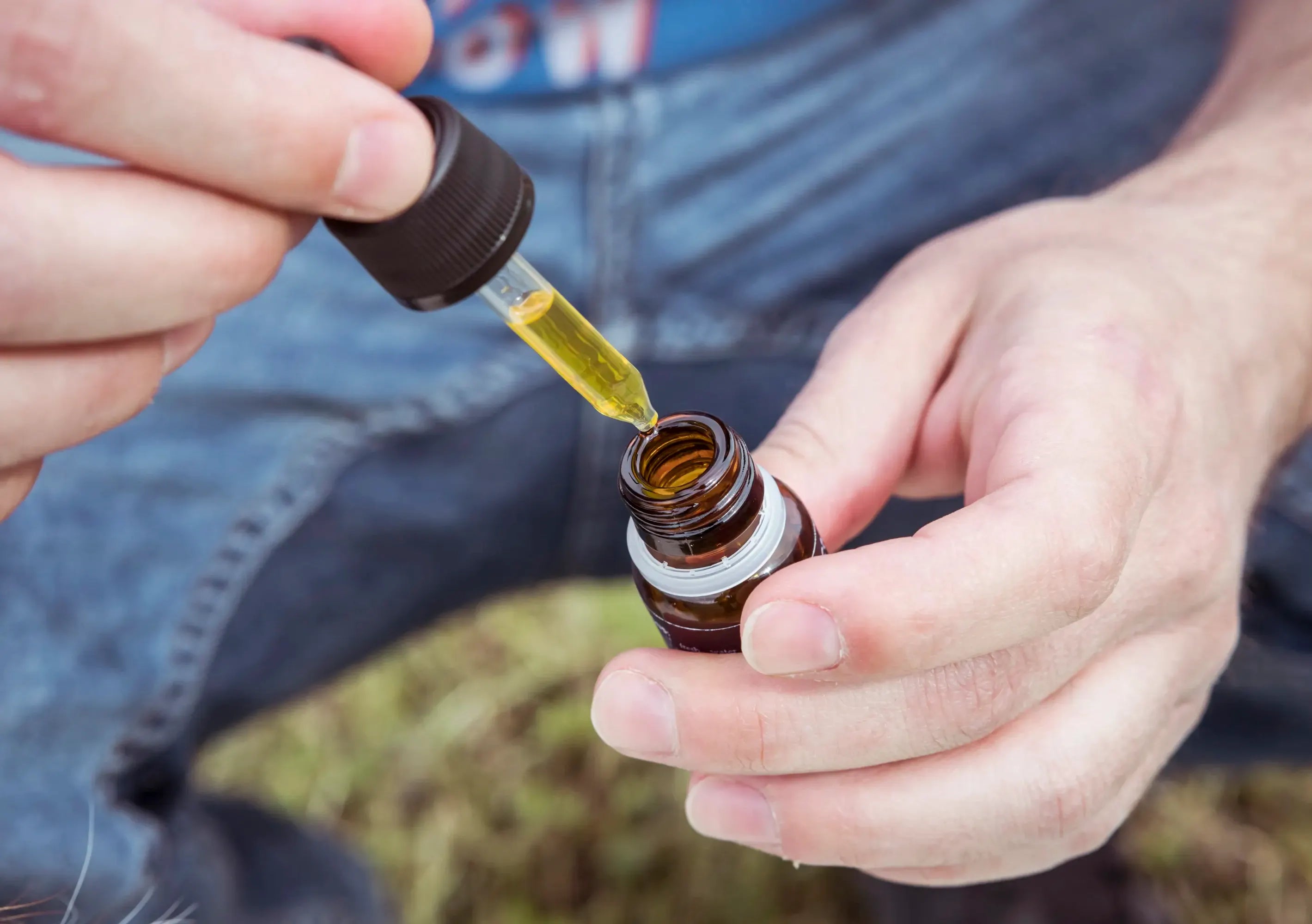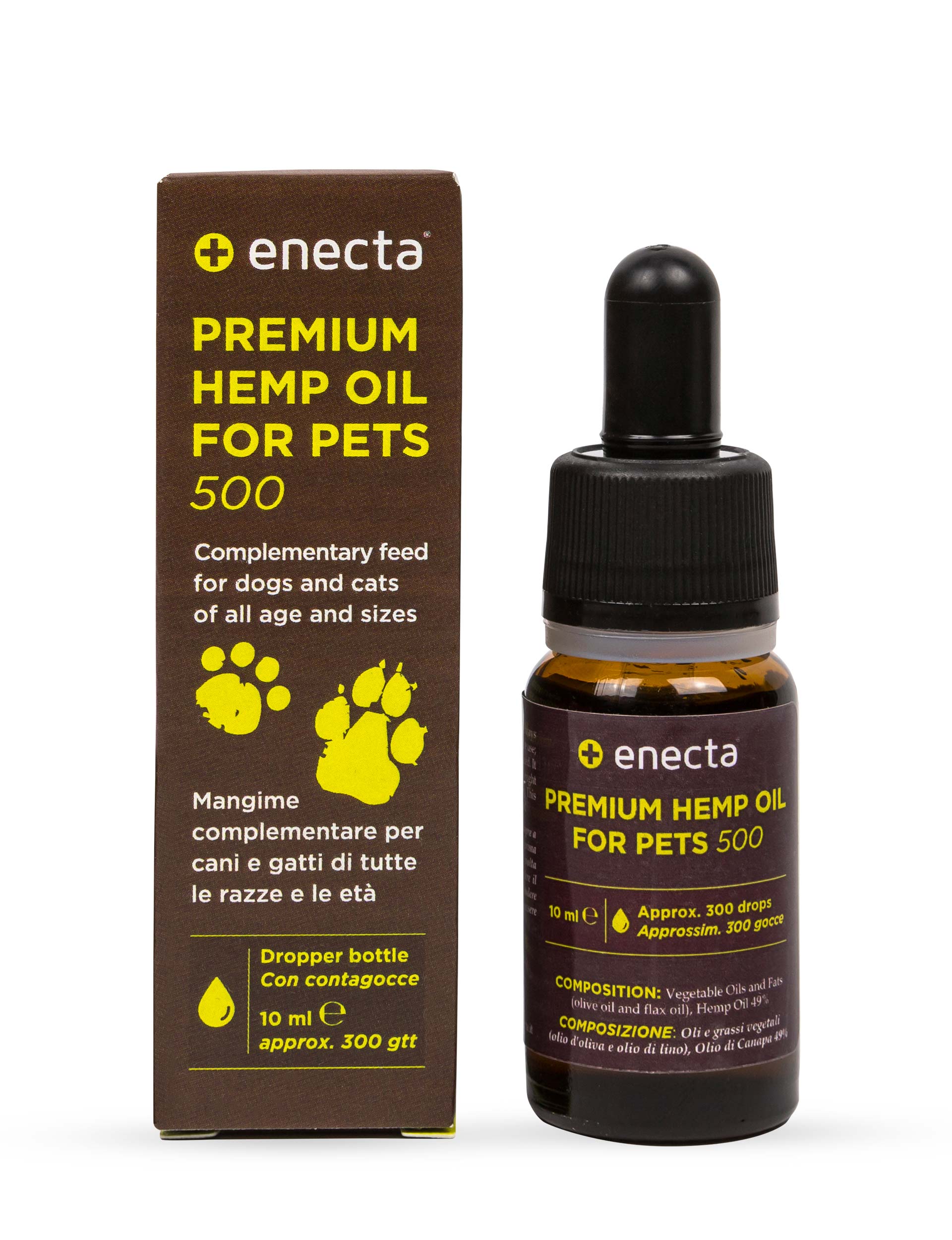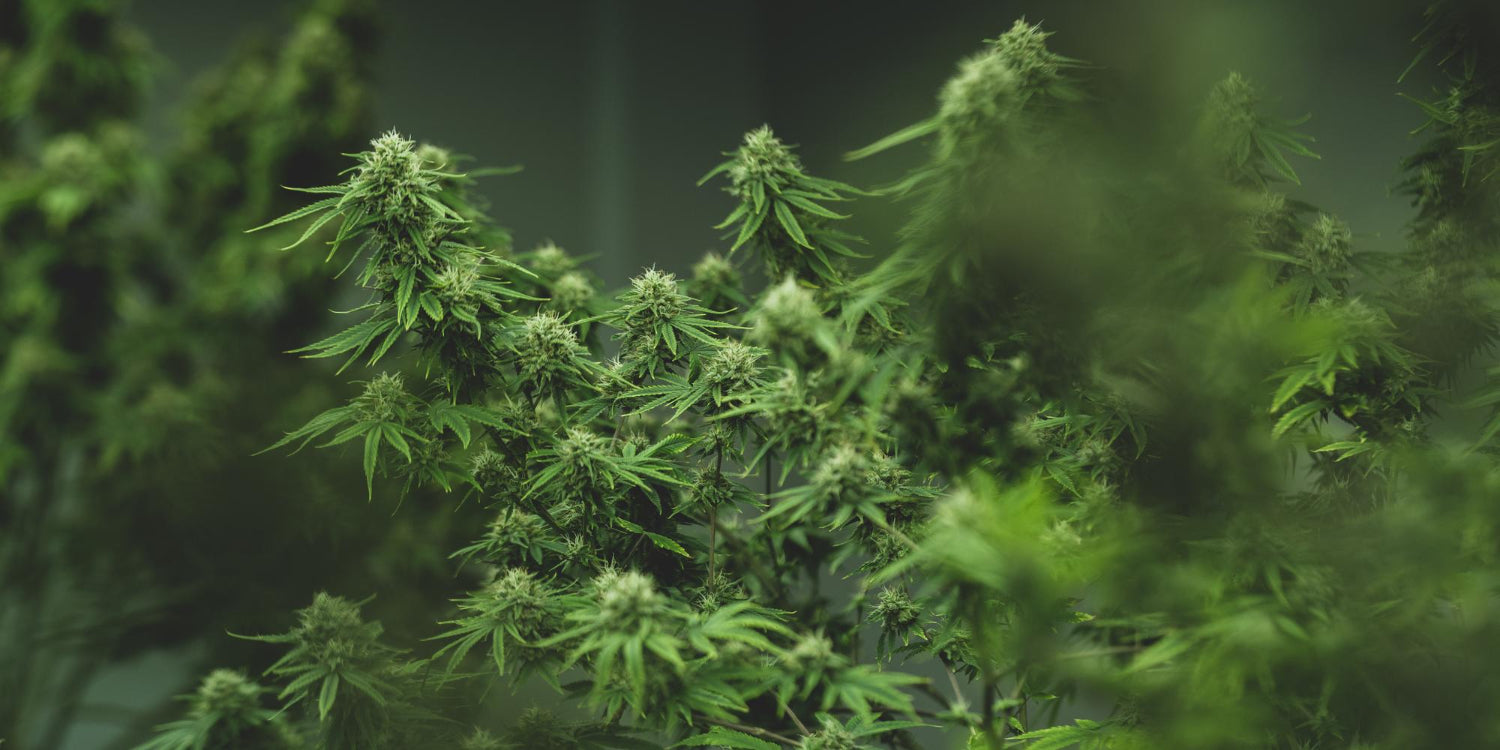Bartner, L.R., et al. (2018). Pharmacokinetics of cannabidiol administered by 3 delivery methods at 2 different dosages to healthy dogs. Canadian Journal of Veterinary Research, 82(3), 178-183.
Brighenti, V., et al. (2017). Development of a new extraction technique and HPLC method for the analysis of non-psychoactive cannabinoids in fibre-type Cannabis sativa L. (hemp). Journal of Pharmaceutical and Biomedical Analysis, 143, 228-236.
Cherney, J.H., & Small, E. (2016). Industrial hemp in North America: Production, politics and potential. Agronomy, 6(4), 58.
Citti, C., et al. (2018). Analysis of cannabinoids in commercial hemp seed oil and decarboxylation kinetics studies of cannabidiolic acid (CBDA). Journal of Pharmaceutical and Biomedical Analysis, 149, 532-540.
Deabold, K.A., et al. (2019). Single-dose pharmacokinetics and preliminary safety assessment with use of CBD-rich hemp nutraceutical in healthy dogs and cats. Animals, 9(10), 832.
Gamble, L.J., et al. (2018). Pharmacokinetics, safety, and clinical efficacy of cannabidiol treatment in osteoarthritic dogs. Frontiers in Veterinary Science, 5, 165.
Hartsel, J.A., et al. (2019). Cannabis in veterinary medicine: Cannabinoid therapies for animals. Nutraceuticals in Veterinary Medicine, 121-155.
Kogan, L.R., et al. (2019). US veterinarians' knowledge, experience, and perception regarding the use of cannabidiol for canine medical conditions. Frontiers in Veterinary Science, 5, 338.
McGrath, S., et al. (2019). Randomized blinded controlled clinical trial to assess the effect of oral cannabidiol administration in addition to conventional antiepileptic treatment on seizure frequency in dogs with intractable idiopathic epilepsy. Journal of the American Veterinary Medical Association, 254(11), 1301-1308.
Mead, A. (2017). The legal status of cannabis (marijuana) and cannabidiol (CBD) under U.S. law. Epilepsy & Behavior, 70, 288-291.
Pavlovic, R., et al. (2018). Quality traits of "cannabidiol oils": Cannabinoids content, terpene fingerprint and oxidation stability of European commercially available preparations. Molecules, 23(5), 1230.
Russo, E.B. (2016). Clinical endocannabinoid deficiency reconsidered: Current research supports the theory in migraine, fibromyalgia, irritable bowel, and other treatment-resistant syndromes. Cannabis and Cannabinoid Research, 1(1), 154-165.
Vaughn, D., et al. (2020). Report of acute kidney injury in a dog after administration of a high dose of cannabidiol (CBD). Journal of Veterinary Internal Medicine, 34(1), 338-341.
Verrico, C.D., et al. (2020). A randomized, double-blind, placebo-controlled study of daily cannabidiol for the treatment of canine osteoarthritis pain. Pain, 161(9), 2191-2202.
